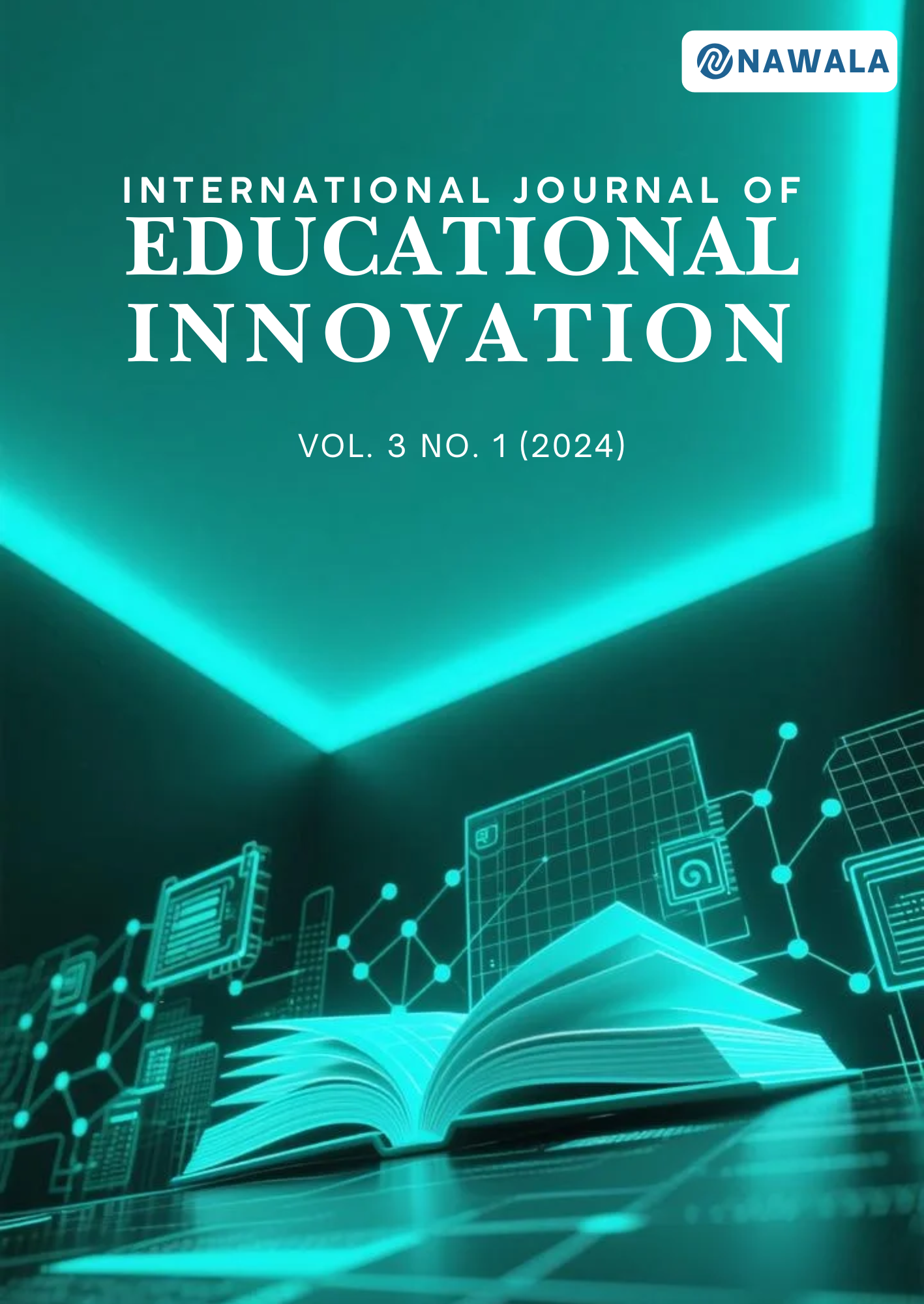Innovation in Inclusive Education: A Systematic Literature Review on Strategies, Challenges, and Implementation
Keywords:
Educational Innovation, Implementation, Implementation Challenges, Learning StrategiesAbstract
Inclusive education is a key foundation for creating an equitable and diversity-oriented education system that addresses the varied needs of learners. Although recognised as a global commitment and part of the Sustainable Development Goals, its implementation still faces major barriers, including limited infrastructure, low teacher competence, cultural stigma, and weak policy enforcement. This study aims to systematically map innovative strategies, challenges, and practices in inclusive education. Employing a Systematic Literature Review, literature was gathered from major academic databases and analysed thematically. The results highlight several effective strategies: the integration of assistive technologies and digital platforms, flexible curricula guided by Universal Design for Learning, teacher training in inclusive pedagogy, and cross-sectoral collaboration. However, persistent obstacles remain, particularly the lack of resources, inadequate teacher preparedness, socio cultural resistance, and fragmented policies. The study concludes that inclusive education’s success depends not only on policy or technology but also on the holistic integration of teacher readiness, school culture transformation, and intersectoral coordination. Strengthening practice-oriented policies, systematic teacher development, and adaptive educational technologies are recommended, alongside future research using action research and longitudinal approaches to assess long-term impact.





